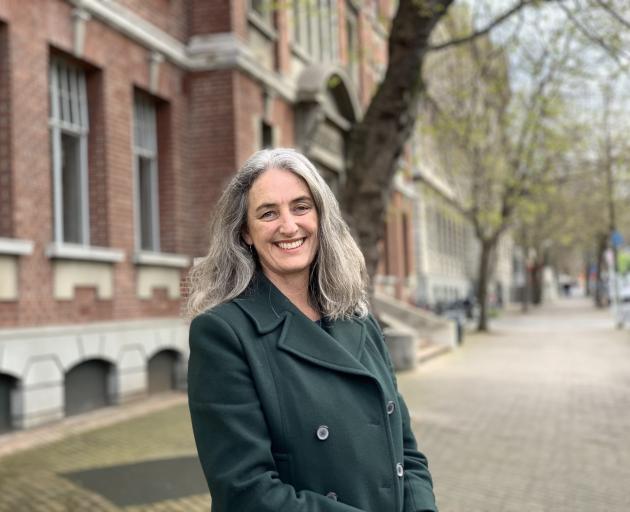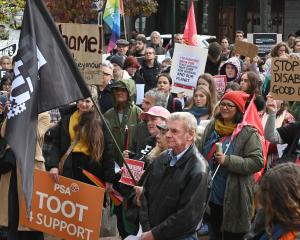
Alliance South chairwoman and former deputy chairwoman of the Southern Partnership Group Carol Atmore was appointed to the position about two months ago.
With about half of all GPs planning to retire in the next 10 years, 50% of all current medical students needed to go into GP roles or go to work in rural areas to keep up with demand, Dr Atmore said.
Challenges of rural practice included coping with on-call work and dealing with multi-morbidity, people suffering from a range of health conditions at once - from anxiety to arthritis and diabetes - and having to take on an informal role as a social worker or counsellor as well as being a doctor.
"There's a whole range of skills that GPs have, and you have to use that whole broad range of skills," she said.
However, while the role came with challenges, one of the "wonderful things" about working in a smaller community was a far greater sense of teamwork, she said.
She came to live and work in Dunedin about four years ago, after working on the West Coast for 17 years, including a stint as chief medical officer on the West Coast District Health Board.
One of her goals was to emphasise the importance of generalists, something people had "lost sight" of, she said.
"We need half of them to become GPs and rural medical doctors to have a workforce that will be able to manage our ageing population," she said.
"We really need to do something now to plan for the future."
The Rural Medical Immersion Programme run by the Otago Medical School had increased in size from 20 to 25 students. Students could apply from across the university's campuses, and all students enrolled at the Dunedin School of Medicine came through the department of general practice and rural health on rotation.
Dr Atmore said although it was early days, one way to make rural work more appealing might be to better enable opportunities for rural doctors to carry out research "relevant to the questions that need to be answered as a country".
An example of that was equity for rural communities, as well as for Maori.












